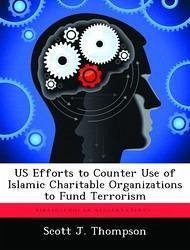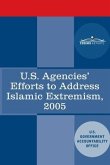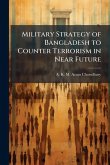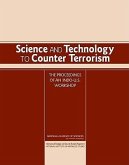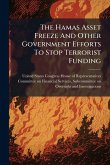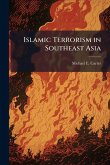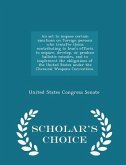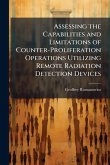The United States government has focused on impeding support to terrorist organizations since 9/11, to include financial support received through Islamic charitable organizations. While Islamic charities serve many useful purposes to include operation of schools and hospitals, many have also been used as a funding source by terrorist organizations. The U.S. was aware of this problem in the 1990s but failed to counter it because of its low priority and perceived threat level. After 9/11, the U.S. government reorganized to focus on this threat and passed several laws making it illegal to support terrorist organizations. These changes were effective at stopping the use of domestic charities to fund terrorism, but international efforts have been lacking. Through the United Nations, the U.S. pushed countries to close charities known to fund terrorism, seize their assets, and prosecute responsible individuals. In doing so, they failed to take into consideration other nation's reliance on the services these charities perform and the sensitivities of their populace. The U.S. needs to change its international policy from one focused on seizure of charities assets to a strategy of tracking and following the financial trail from sources of funding to those who commit terrorist acts. By focusing our efforts on identifying specific individuals instead of seizing the assets of entire charities, we will gain real international support for our counterterrorism efforts without alienating foreign populations. This work has been selected by scholars as being culturally important, and is part of the knowledge base of civilization as we know it. This work was reproduced from the original artifact, and remains as true to the original work as possible. Therefore, you will see the original copyright references, library stamps (as most of these works have been housed in our most important libraries around the world), and other notations in the work. This work is in the public domain in the United States of America, and possibly other nations. Within the United States, you may freely copy and distribute this work, as no entity (individual or corporate) has a copyright on the body of the work. As a reproduction of a historical artifact, this work may contain missing or blurred pages, poor pictures, errant marks, etc. Scholars believe, and we concur, that this work is important enough to be preserved, reproduced, and made generally available to the public. We appreciate your support of the preservation process, and thank you for being an important part of keeping this knowledge alive and relevant.
Bitte wählen Sie Ihr Anliegen aus.
Rechnungen
Retourenschein anfordern
Bestellstatus
Storno

